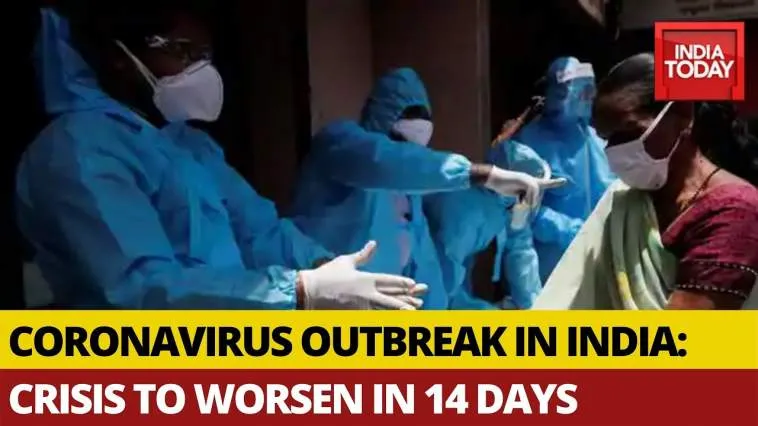From WeAreChange.org….
Last week, we reported that several increasingly desperate communities across India have been embracing a controversial (at least, in the US) strategy for trying to mitigate the fallout from the crisis. Communities have been doling out inexpensive anti-malaria drugs as a prophylactic against COVID-19, citing scant data showing it could help lower mortality and hospitalization rates – which is critical given India’s nationwide shortage of hospital beds and oxygen to sustain seriously ill patients.
The drug in question, ivermectin, is in some ways similar to hydroxychloroquine, which also showed some evidence of being an effective prophylactic to protect the most vulnerable against COVID-19 (President Trump memorably informed the press that he was taking it daily at one point). But since India is mostly cut off from adequate supplies of vaccines and therapeutics like Gilead’s remdesivir (which studies have shown isn’t all that effective anyway), public health officials have been forced to improvise.
The Times of India published an editorial this week signed by Dr. Vikas Sukhatme and Vidula Sukhatme, two American academics and medical professionals, suggesting a handful of cheap, commonplace drugs that could be taken as prophylactics by the most vulnerable patients in India. The drugs aren’t approved to treat COVID, but nevertheless have shown “remarkable promise in preventing or treating the new coronavirus.” Deploying them would likely reduce mortality and hospitalizations. While some of the drugs are currently being tested in large-scale randomized trials, there’s no time to wait for the outcome.
Instead, Indian health authorities should issue guidelines recommending use of the most promising drugs for each stage of COVID-19. By so doing, physicians will be encouraged to prescribe them as interventions. The resulting data should of course be tracked for any insights it might show.






